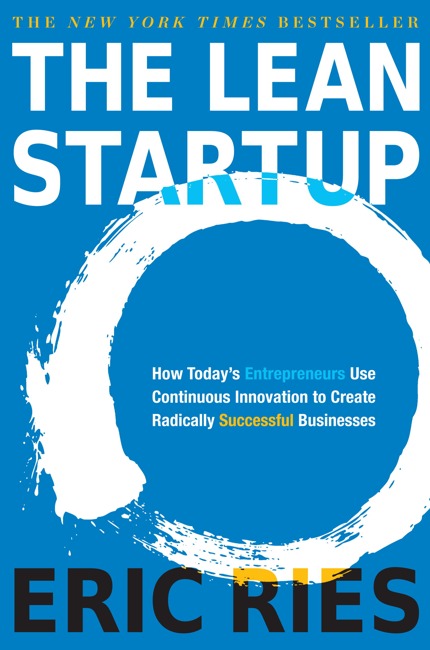


While many of the examples provided involve internet startups, the principles in the The Lean Startup can be applied to all businesses, regardless of industry. Once your assumptions have been validated, you can build the business with confidence, secure in the knowledge your continued investment will pay dividends. Instead of measuring things that are easy and fun to measure ("vanity metrics"), Ries shows you how to measure things related to the fundamental success of the business.

The Lean Startup also covers business analysis: what to measure when building a business. If your original idea doesn't work, you simply "pivot" and try another idea. One core strategy is to develop a minimum viable product - the smallest offer you can create that someone will actually buy, then offer it to real customers. Instead of spending lots of time and money developing the "perfect" offer only to have it flop when it's presented to the market, The Lean Startup provides many strategies for validating the worth of a business idea. Instead of investing money and time on blind faith, Eric Ries explains how validating your critical assumptions as quickly as possible is the true test in the early days of a new business. In The Lean Startup, you'll learn the fundamentals of organizing a new business for fast learning. Jumping in and trying things helps you learn, but going too far can be a recipe for losing money and precious time if your idea isn't viable. You have an idea, but you don't know in advance whether or not it will work. From The Personal MBA's List of the 99 Best Business Books.


 0 kommentar(er)
0 kommentar(er)
